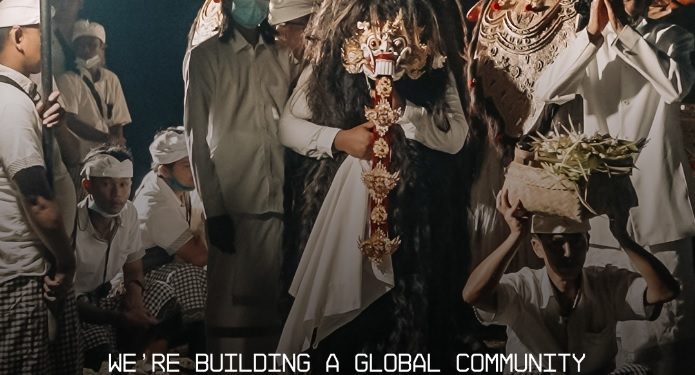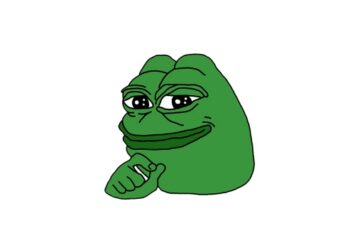Indonesia is planning to use non-fungible tokens (NFTs) to preserve and protect the country’s rich cultural heritage and tap into its potential in virtual tourism through a partnership with Quantum Temple. Here’s a quick look at this ambitious yet noble project of the giant Southeast Asian country.
Preserving Cultural Heritage with NFTs
The cultural heritage of Indonesia is considered to be a vital aspect of the country’s identity. Muhammad Neil El Himam, deputy chairman for Digital Economy and Creative Products in the Ministry of Tourism and Creative Economy, believes that NFTs can play a significant role in its preservation for future generations. Recently, the Ministry teamed up with Quantum Temple, a technology firm utilizing NFTs for cultural preservation, to work on this project.
According to Himam, NFTs could ensure that Indonesia’s cultural heritage is fashioned and stored without any restrictions. He also stated that the use of these could potentially attract more users into the crypto space, especially if the NFT components of the cultural heritage are widely recognized and appreciated. The integration of tokenization in cultural heritage preservation could enhance virtual tourism while protecting and promoting the rich cultural heritage of Indonesia.
Indonesia’s Rich Culture
Indonesia is a country with a diverse and rich cultural heritage that is deeply rooted in its history and traditions. With over 1,340 identified ethnic groups and more than 300 living languages, the country’s culture is a tapestry of various customs and practices.
Indonesia’s culture includes a wide range of art forms, such as traditional dance, music, puppetry, and painting. Many of these art forms have been passed down through generations and are still performed and celebrated today. For instance, the wayang kulit shadow puppet theatre is a traditional art form that has been performed in Indonesia for centuries. The puppets are intricately designed and operated by skilled puppeteers who tell stories from Hindu epics like the Ramayana and Mahabharata.
Indonesia is also renowned for its architecture, with stunning temples, palaces, and monuments found throughout the country. One such example is the Borobudur Temple, a massive Buddhist temple located in Central Java and dating back to the 9th century. The temple is a UNESCO World Heritage site and attracts tourists from all over the world.
Additionally, the country’s cuisine is an integral part of its customs, with many unique and flavorful dishes. Indonesian cuisine is a mix of indigenous, Chinese, and Indian influences and varies widely from region to region. Some popular dishes include nasi goreng, gado-gado, and rendang.
Moreover, religion plays a significant role in Indonesian culture, with the majority of the population practicing Islam. However, other religions such as Christianity, Hinduism, and Buddhism are also present in the country, each with its unique customs and practices.
Overall, Indonesia’s rich cultural heritage is a testament to the diversity and complexity of its society. Its art, architecture, cuisine, and religion are just some of the many facets that make up this unique and vibrant country.
Final Thoughts
The partnership between the Indonesian Ministry of Tourism and Creative Economy and Quantum Temple to utilize NFTs for the preservation of Indonesia’s cultural heritage is an excellent example of how technology can contribute to the protection and promotion of a nation’s identity. These tokens provide an innovative way to safeguard Indonesia’s cultural treasures, making them more accessible to future generations and virtual tourists worldwide.
This project is not only crucial for Indonesia but also serves as a model for other countries to consider how technology can help them preserve and promote their cultural heritage. By harnessing the power of technology and creative thinking, we can ensure that our world’s diverse cultural heritage continues to thrive and inspire future generations.










